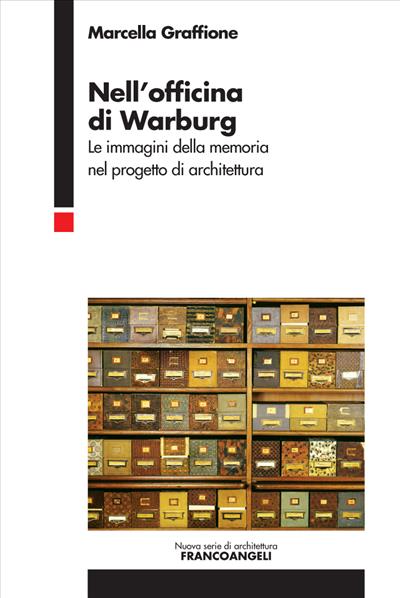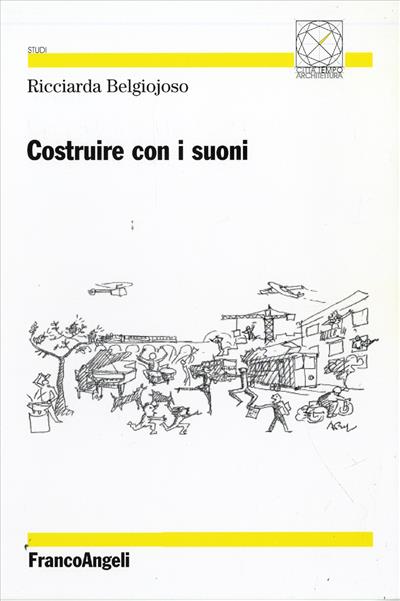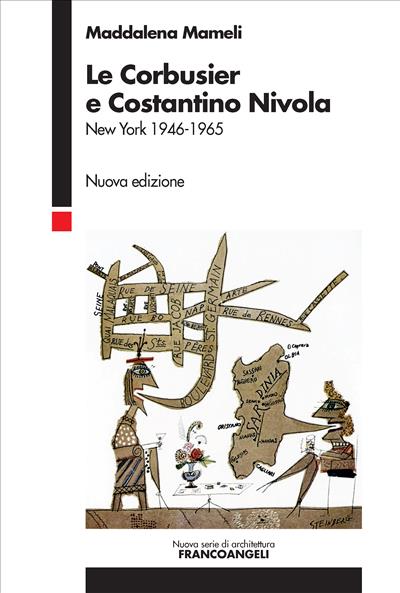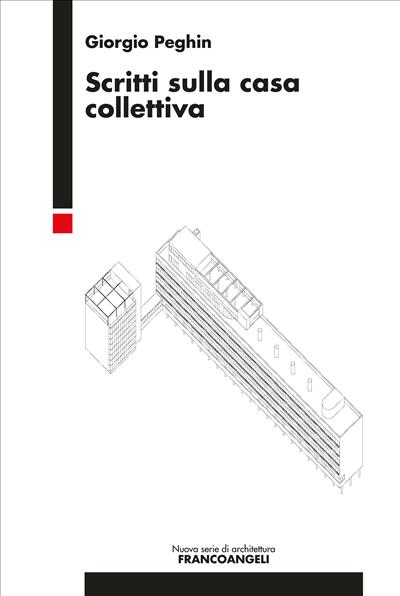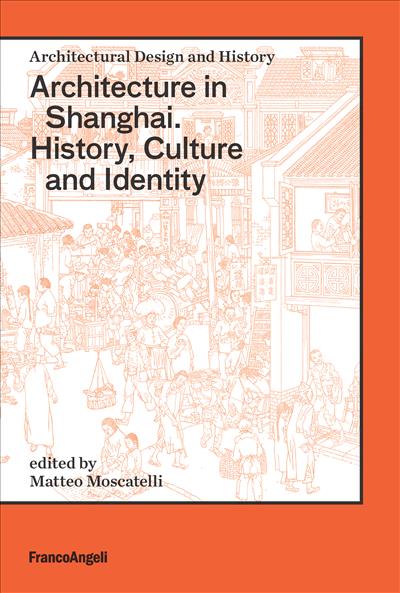
Architecture in Shanghai
History, Culture and Identity
By exploring the ongoing evolution of some strategic areas and the experiences of selected architects – Atelier Deshaus, Atelier Liu Yuyang Architects and Original Design Studio –, the book analyses the fields, the reasons and the modalities of the transformations in contemporary Shangai, and outlines the raise of a counter-trend emerging from the most recent interventions on both existing and new buildings, which are experimenting with new relationships with the local history, cultural heritage and urban identity.
Pagine: 164
ISBN: 9788891790606
Edizione: 1a edizione 2019
Codice editore: 70.6
Disponibilità: Discreta
Pagine: 164
ISBN: 9788835100256
Edizione:1a edizione 2019
Codice editore: 70.6
Possibilità di stampa: No
Possibilità di copia: No
Possibilità di annotazione: No
Formato: PDF con DRM Readium LCP
